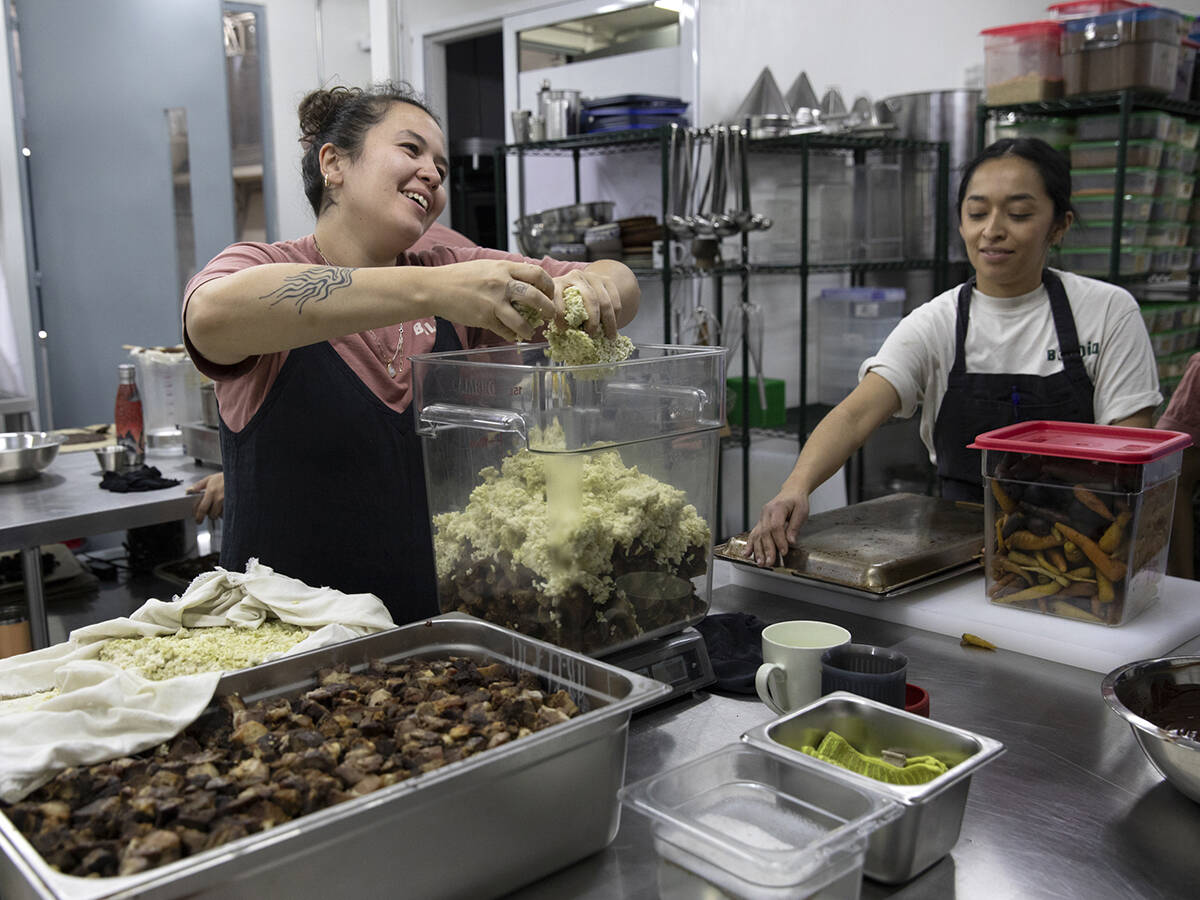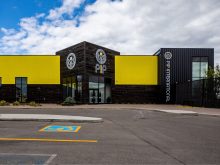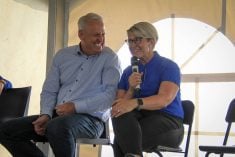Q: I am 87 years old and in fairly good health. I am active and walk a
lot. In 1985 I had a partial prostate operation in which they left the
“crust.” In 1997 an examination showed no evidence of cancer. The
problem is that I have to constantly go to the bathroom, especially at
night. Some nights I am up a dozen times or so. Do you think
acupuncture could help? I am on Terazosin now.
A:It sounds as though you did not have cancer of the prostate, but
Read Also

Restaurant blends zero waste, ancient farming
A Mexico City restaurant has become a draw for its zero-waste kitchen, which means that every scrap of food and leftovers is reused for other purposes.
instead suffered from a condition known as benign prostatic
hyperplasia. This is an enlargement of the prostate gland that is
common in older men, and not dangerous, except that it can block the
pipe leading to the bladder.
The surgery you underwent was most likely a transurethral prostatectomy
or TURP. They did not open you up, but instead went in through the
urethra, the opening at the end of the penis, and reamed out the pipe.
Because you still have most of your prostate gland left, it tends to
grow back in time, and I expect this is what is causing you to have to
get up so many times during the night. You may also have a urinary
tract infection due to an inability to empty your bladder completely
because of the partial blockage. This will require treatment with
antibiotics.
The medication you are taking is sometimes used to help control the
bladder symptoms and reduce the incidence of urinary tract infections.
The main side effect is that it can lower your blood pressure and cause
dizzy spells. Be careful not to jump up out of bed or out of your chair
too quickly.
Although acupuncture can be useful in some illnesses, I do not think it
would help in this situation. You may need to have another TURP surgery
if your doctor thinks you are well enough.
Scientists in New York reported in the February edition of the Journal
of Nature Genetics that they discovered a second gene linked to
hereditary cancer of the prostate. Only nine percent of all prostate
cancer cases are thought to be genetic, but this second gene, known as
RNASEL, is thought to play a much greater role than the previously
identified gene.
The RNASEL gene in its normal form makes cells commit suicide under
some conditions. One reason for a cell to kill itself is that it is on
the way to becoming cancerous. If this gene becomes defective and the
cell can no longer commit suicide, the gene loses its ability to act as
a brake on the disease. Further study could provide clues in the
development of new treatments for prostate cancer.
Clare Rowson is a medical doctor with a practice near Belleville, Ont.
Her columns are intended for general information only. Individuals are
encouraged to also seek the advice of their own doctor regarding
medical questions and treatments.
















